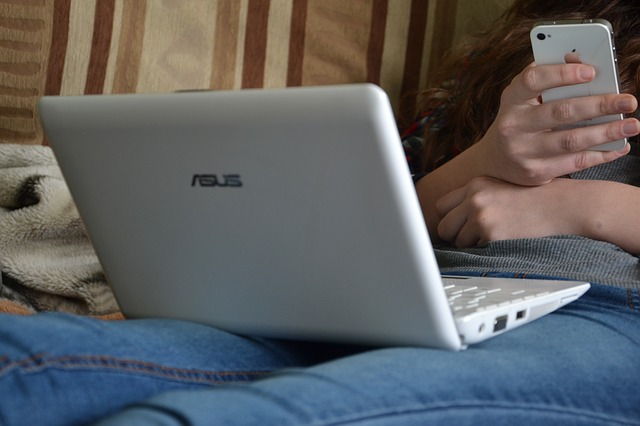
When you work in an office, whether in your home or in a work site, it’s difficult to map out time for creative thinking or for writing a proposal, blogs, or drawing up a long-term strategy. Interruptions fill your day, whether they come in the form of meetings, phone calls, or people with questions. They can disrupt your creative writing time.
If you work at home, set up a schedule for yourself. Teach your family to respect your work time. Learn to find the best rhythms for your work.
Early Rising Encourages Creativity
Multiple sources that I consulted agreed that science states early mornings are the best times to exercise creativity. Without going into the details of how the brain works, we can see the logic of this.
In the early morning, shortly after you get up, part of your awareness remains in the dream state, which is a source of unlimited creativity. Creativity means finding new connections. Dreams loosen hard-wired connections, thus allowing us to see new ways to organize our thoughts.
Salvador Dali used to take naps with a spoon in his hand and a tin plate beneath his chair. When he became totally relaxed and dropped the spoon, the sound of it falling onto the plate would wake him. He then noted whatever ideas or images that he remembered.
You don’t have to be a world-famous artist to wake up and write down any ideas that come into your mind.
Early morning may also be the quietest time in your home. If you get up an hour before the rest of the family, you’re less likely to be interrupted. That hour can yield greater productivity than longer stretches of time when interruptions are more likely.
Note: If you’re going to adopt this schedule, make sure you go to bed earlier than you did. Chronic lack of sleep does nothing to foster creativity.
Evening Fosters Critical Thinking
One way to see the difference between early-morning and evening creative writing time is to think of the differences between the intuitive activity of the right brain and the logic of the left brain. Early morning is right-brain time. In the evening, rational thought processes—which you’ve probably been exercising for most if not all of the day—become dominant.
Evenings are good times to look at your creative ideas with a critical (but not over-critical) awareness. Say to yourself: “This is a great idea. Now, how am I going to bring it into reality?”
You make lists, come up with various alternatives, and give your ideas solidity. If you’re working on a writing project, evenings are best for editing.
Now you can focus on grammar, punctuation, and spelling. You can see how to tighten up and clarify your ideas so that others will understand them.
Honor the Exceptions
Even though science and logic favor the morning-evening divisions I’ve described, it’s important to make room for those whose brains may be wired differently. Some people don’t fit the mold, and if you’re one of them, don’t try to alter yourself.
Experiment and find the creative writing time pattern that works best for you.
Pat Iyer enjoys writing in the morning and editing In the evening. Businesspeople work with her so they can share their expertise with the world without having to do all the hard work of writing. Connect with Pat to discuss her editing and ghostwriting services.
Pat Iyer mentors authors through the process of writing and publishing their non-fiction books. She’s written and/or edited 49 of her books.
